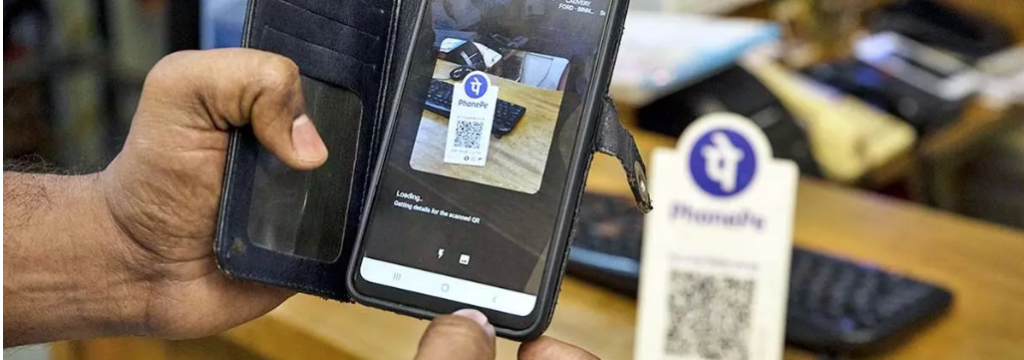Assessing the Performance of PMJJBY and PMSBY: A Systems-Level Approach

The objective of this policy brief is to summarise learnings from fieldwork conducted in Rajasthan and Gujarat towards (i) building evidence on the customer protection issues in the sale and servicing of the two insurance schemes and (ii) bringing to the forefront the structural issues on the supply-side that are holding back Financial Service Providers (FSPs) from offering high-quality service in the context of these two schemes.
Assessing the Performance of PMJJBY and PMSBY: A Systems-Level Approach
The objective of this deck is to summarise learnings from fieldwork conducted in Rajasthan and Gujarat towards (i) building evidence on the customer protection issues in the sale and servicing of the two insurance schemes and (ii) bringing to the forefront the structural issues on the supply-side that are holding back Financial Service Providers (FSPs) from offering high-quality service in the context of these two schemes
UPI databases should be interactive

Stakeholders should gather a common set of data points for each complaint, distinct from their data objectives
Building an Effective UPI In-App GRM for India’s Consumers

In this study, we focus on whether consumers use the grievance mechanisms provided in UPI apps in smartphones, and whether those mechanisms make for an easily navigable grievance redress journey ending in satisfactory resolution.
Learnings from Action Research

In this paper, we take a look back at 30 months of action research work and reflect on the process, the hurdles overcome, and the lessons learned. Unlike our usual publications, this one is a meta-reflection on the method of action research. We hope it will be useful for other organizations like ours that are doing this kind of work and to funders who fund it.
Agriculture Finance in India: A Landscape Review of Challenges & Opportunities

How can finance be designed and structured for agriculture, farmers, agricultural households, agrarian communities and the larger economy so as to ensure economic equity, social well-being, and environmental sustainability?
Ways to curb scams over UPI

Positive frictions while authorising transactions will give users some time before approving payment
A High-Frequency Cashflow Analysis of Low-Income Households in India

This paper aims to document the unique characteristics of the financial lives of low-income households in India. It focuses on the intra-year fluctuations in income that are faced by these households owing to the precarity of their occupations.
Fresh Credit Decisioning Ideas Needed For Final Push Towards Financial Inclusion

For two decades, India has doubled down on the policy prescription of providing financial ‘last-mile access’ to its rural and poor citizens. Has the effort succeeded? It depends on who you ask.
Life insurance and the importance of proper disclosures

This will inspire more consumer trust, and enhance transparency among agents

